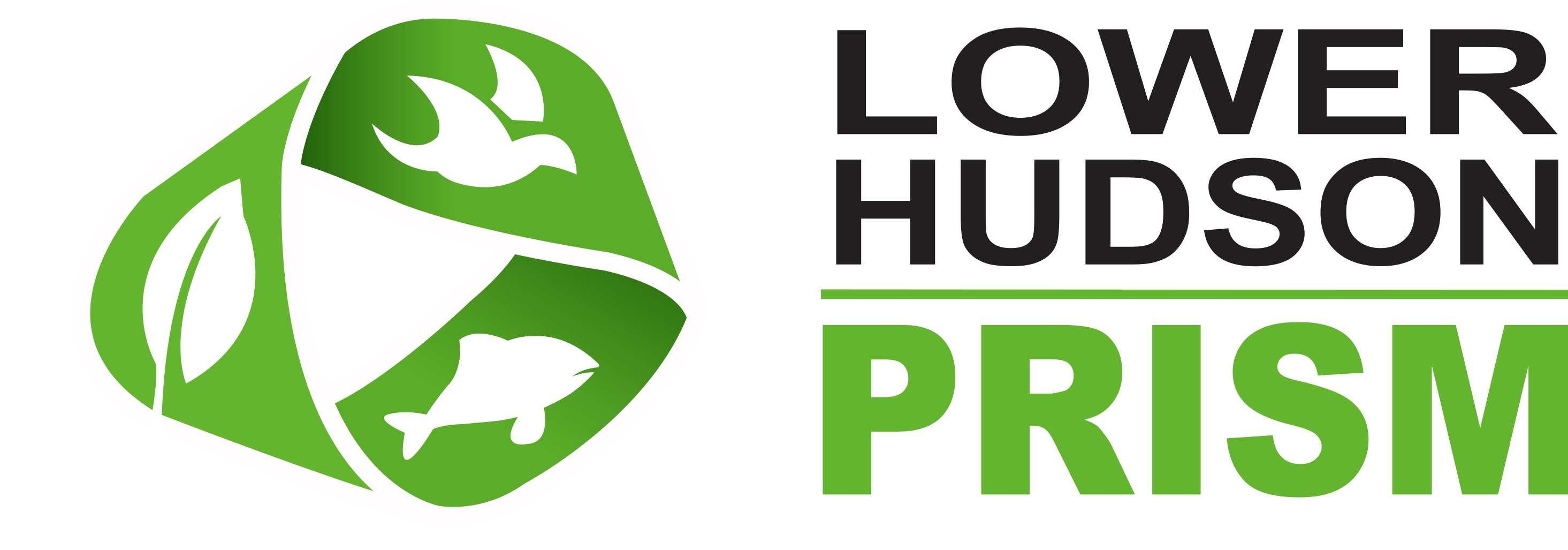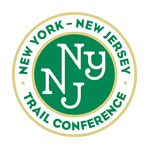INVASIVE SPECIES WEBINARS
In 2017, the Association of State Wetland Managers received a Cooperative Agreement Award from the U.S. Fish and Wildlife Service’s Coastal Program to organize and host a mini webinar series on best management practices for invasive species management in wetlands in coastal areas of the country. Special attention was paid to ecosystem service provision and the diverse strategies that may be employed to manage or eradicate an invasive species based on the species, region of the U.S. where it is located, and considerations associated with climate change.
PRESENTERS
- Jason Goldberg, U.S. Fish and Wildlife Service
- Susan Pasko, U.S. Fish and Wildlife Service
- Matthew Barnes, Texas Tech University
ABSTRACTS
Jason Goldberg
Review of harvest incentives to control invasive species
Whither to eat invasive species? From nutria to lionfish, interest has increased in how to encourage the use of invasives as a means of controlling them. While public and commercial use of invasive species could be an opportunity to support resource management, economic development, and environmental awareness, negative consequences can also occur. Success depends on many factors, yet little guidance is available on how to use incentivized harvest as an effective management tool. We will discuss the biological, ecological, human health, and socioeconomic factors involved in invasive species incentive programs, and offer recommendations to help support successful harvest programs.
Matthew Barnes
Serving invaders with a side of awareness: reflections on using harvest as an invasive species education and outreach tool
Researchers continue to debate potential positive (population and impact reduction, economic losses recouped through new profits) and negative (generation of economic incentives to encourage further introductions) impacts of harvest as an invasive species management strategy. Increased opportunities for invasive species education and awareness campaigns represents an important- but often overlooked- benefit of the such a strategy. Matthew Barnes has served as co-founder and editor of the blog invasivore.org since 2011, and in this talk, he will reflect on lessons learned eating invasive species as an educational tool during this time, highlighting promises and potential pitfalls for the future.
BIOS
 Jason Goldberg currently serves with the Office of Science Applications (SA) in the U.S. Fish and Wildlife Service as a natural resource policy specialist. Prior to joining SA, Jason served for 13 years with the Fish and Aquatic Conservation (FAC) Program, including the Branch of Aquatic Invasive Species; Branch of Budget, Performance, and Policy; and Fish and Wildlife Management Assistance. Jason has also previously worked for Rep. Neil Abercrombie as a Knauss Fellow and with NOAA's Office of Oceanic and Atmospheric Research in External Affairs. Jason holds an undergraduate degree in Marine Science and Biology from the University of Miami (Florida) and Master's degrees in Marine Science and Public Policy from the College of William and Mary.
Jason Goldberg currently serves with the Office of Science Applications (SA) in the U.S. Fish and Wildlife Service as a natural resource policy specialist. Prior to joining SA, Jason served for 13 years with the Fish and Aquatic Conservation (FAC) Program, including the Branch of Aquatic Invasive Species; Branch of Budget, Performance, and Policy; and Fish and Wildlife Management Assistance. Jason has also previously worked for Rep. Neil Abercrombie as a Knauss Fellow and with NOAA's Office of Oceanic and Atmospheric Research in External Affairs. Jason holds an undergraduate degree in Marine Science and Biology from the University of Miami (Florida) and Master's degrees in Marine Science and Public Policy from the College of William and Mary.
Susan Pasko currently works in the U.S. Fish and Wildlife Service’s Branch of Aquatic Species, serving as the as the Executive Secretary of the Aquatic Nuisance Species Task Force. In this role, Susan focuses on coordination and planning to ensure that Federal agencies are actively engaged and effectively responding to the threat of invasive species. Previously, Susan worked within NOAA Fisheries as the Aquatic Invasive Species Coordinator and a member of the Fisheries Strategic Planning and Evaluation Team. She holds a Bachelor degree in Marine Science from the Richard Stockton College of New Jersey and a PhD in Aquatic ecology from Kent State University.
 Matthew Barnes is an assistant professor in the Department of Natural Resources Management at Texas Tech University. His research is rooted in community ecology, predicting and explaining species distributions and dispersal in aquatic systems, with a focus on biological invasions. He utilizes a broad set of tools to address many different types of ecological questions, including predicting species occurrence with species distribution models and geographic information systems (GIS), detecting rare species through environmental DNA (eDNA) surveillance, and investigating species impacts through field observations and laboratory experiments. He also has served as co-founder and editor for the blog invasivore.org since 2011, using the concept of eating invasive species as a tool to promote education and outreach. Barnes earned his BA in Biology from Southwestern University followed by a PhD in Aquatic Ecology from the University of Notre Dame.
Matthew Barnes is an assistant professor in the Department of Natural Resources Management at Texas Tech University. His research is rooted in community ecology, predicting and explaining species distributions and dispersal in aquatic systems, with a focus on biological invasions. He utilizes a broad set of tools to address many different types of ecological questions, including predicting species occurrence with species distribution models and geographic information systems (GIS), detecting rare species through environmental DNA (eDNA) surveillance, and investigating species impacts through field observations and laboratory experiments. He also has served as co-founder and editor for the blog invasivore.org since 2011, using the concept of eating invasive species as a tool to promote education and outreach. Barnes earned his BA in Biology from Southwestern University followed by a PhD in Aquatic Ecology from the University of Notre Dame.

